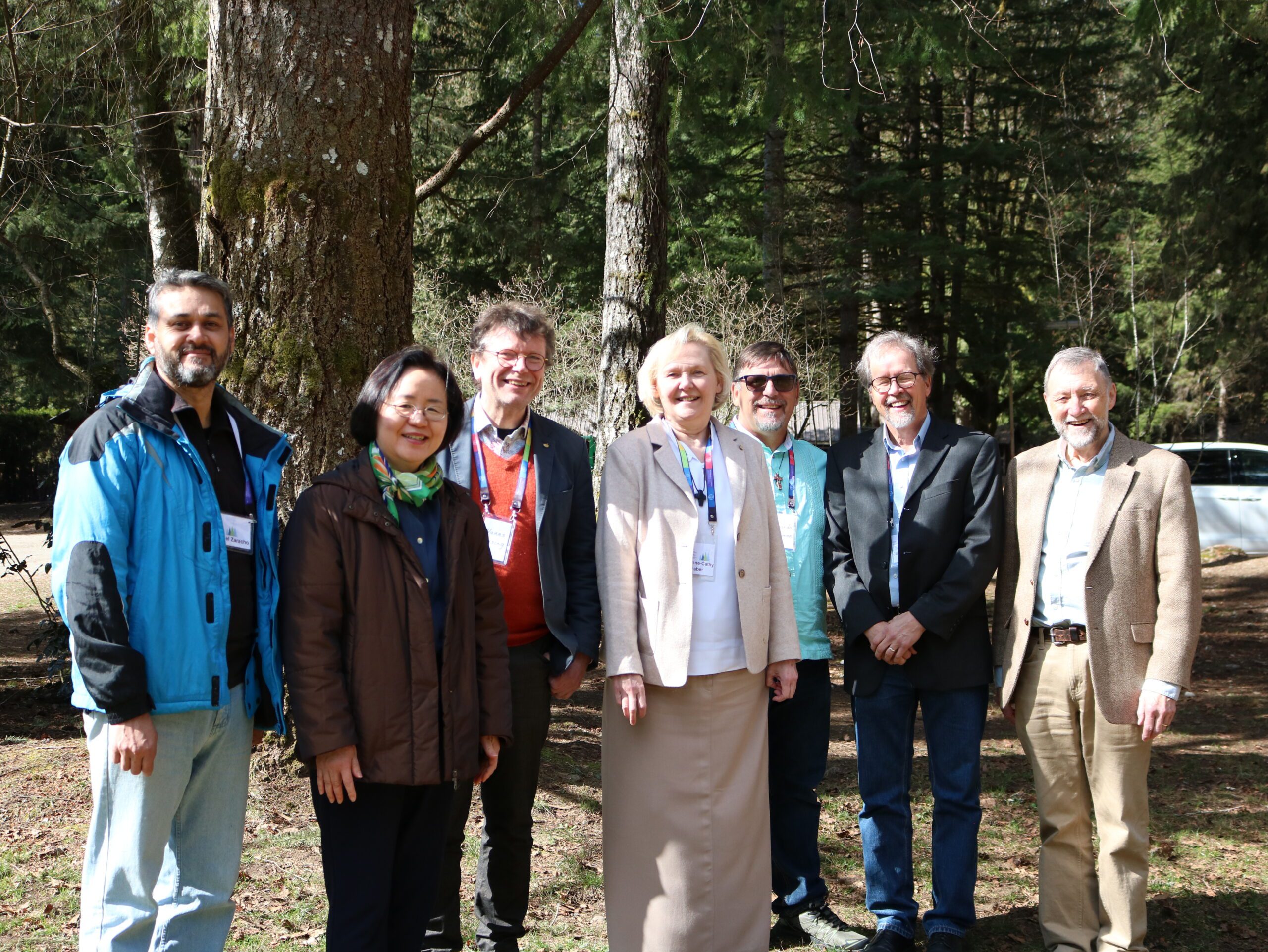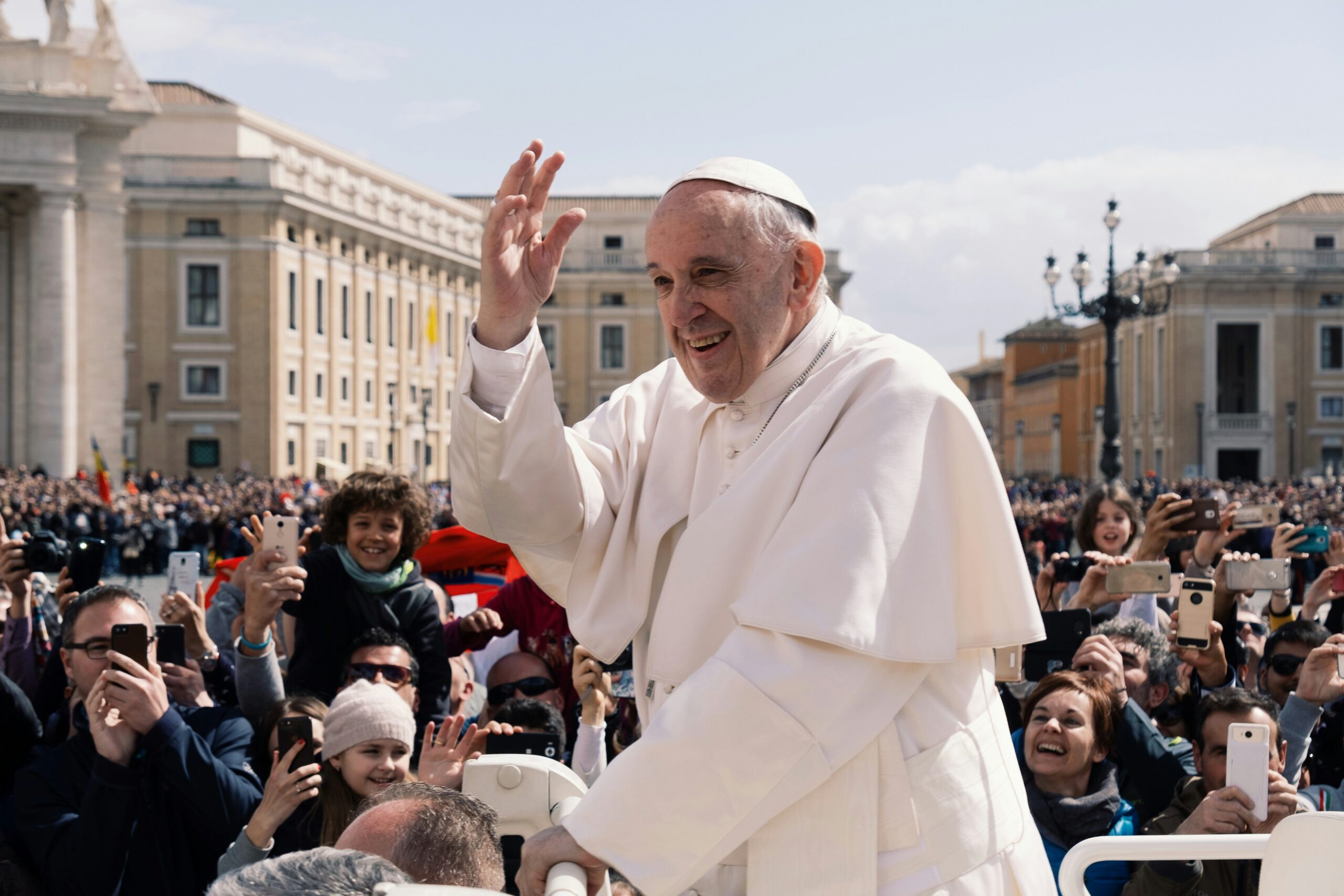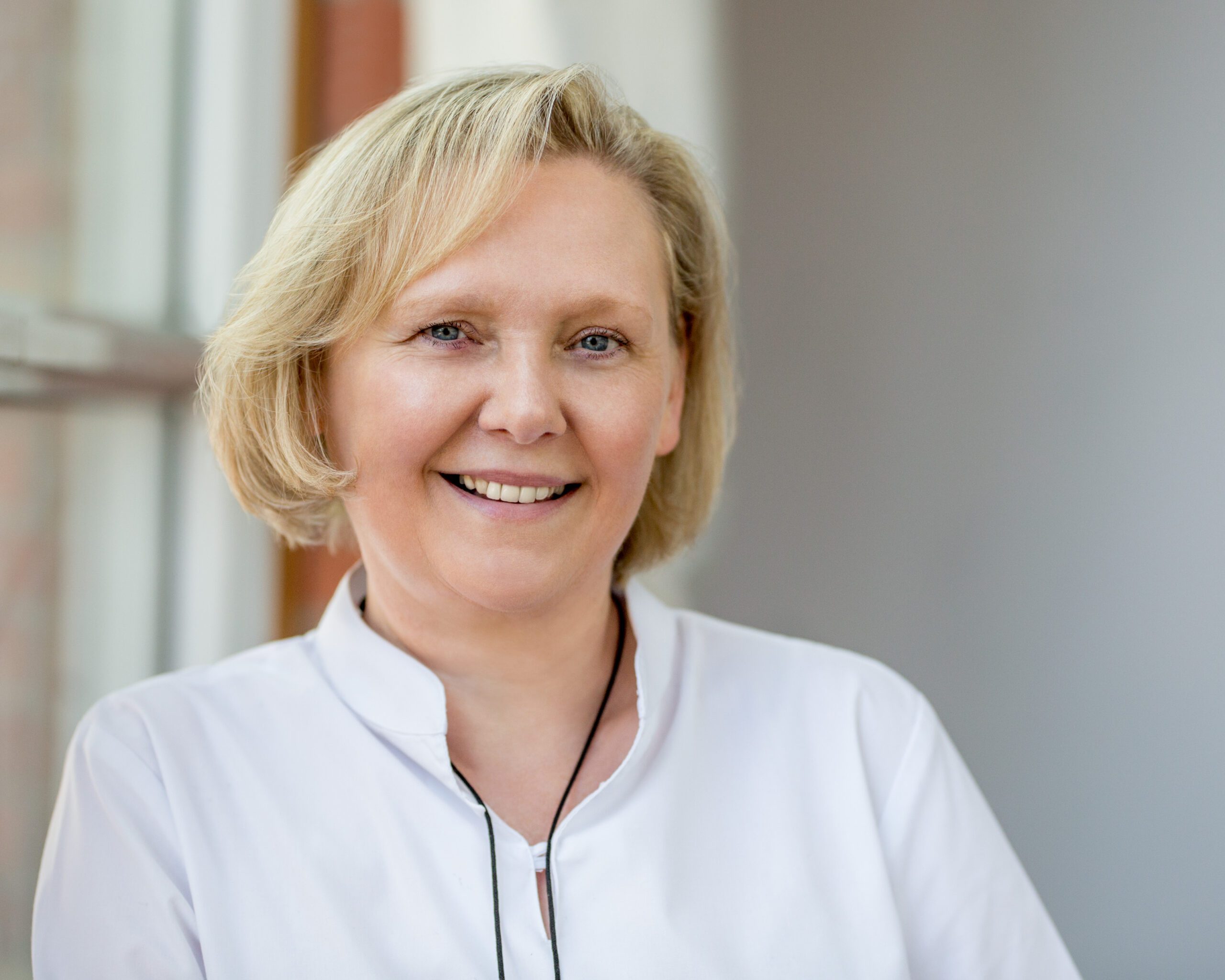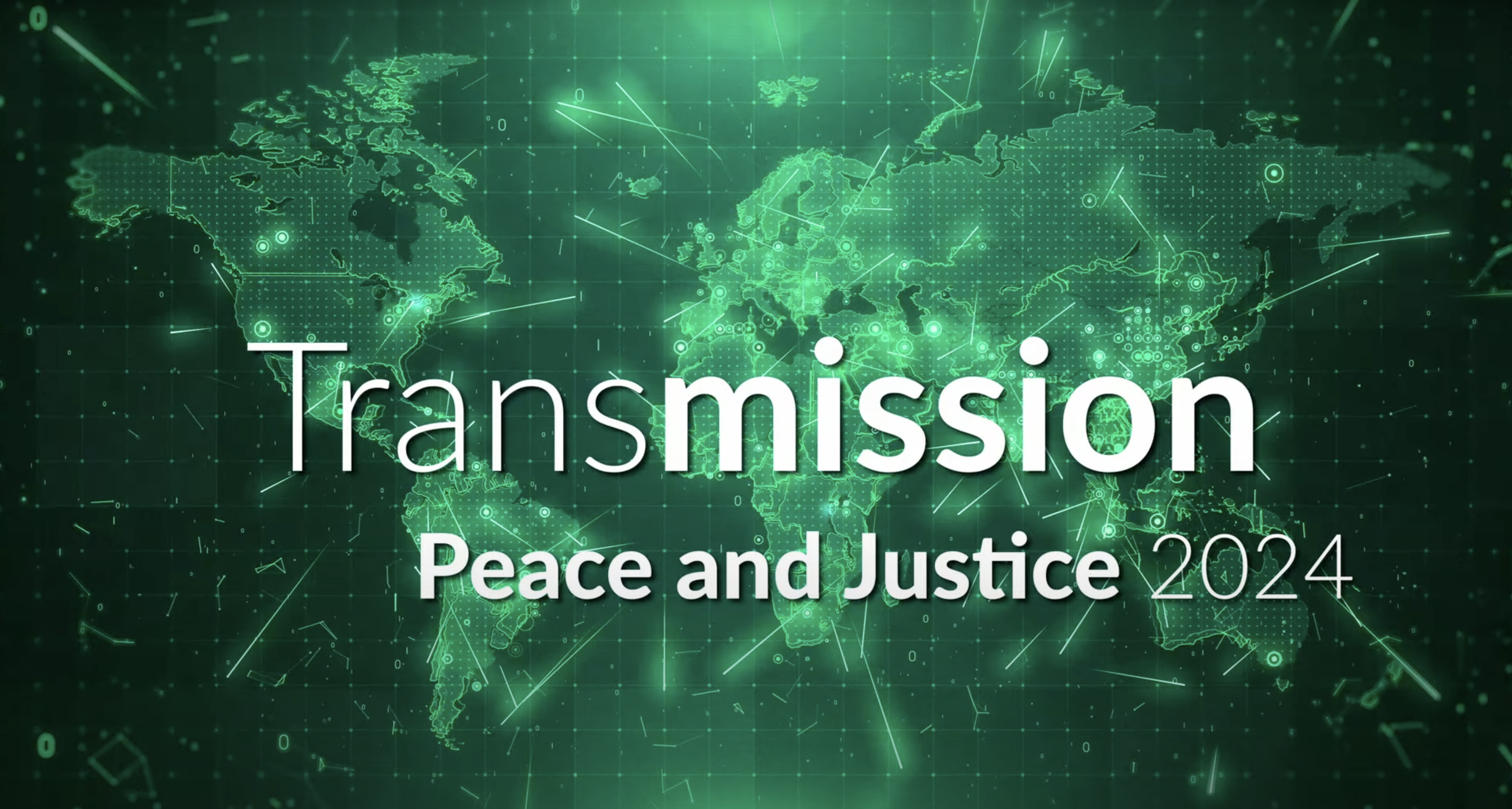-
Seeking common witness together
MWC-WCRC dialogue creates statement and study guide “The search for peace starts within the body of Christ,” says Tom Yoder Neufeld, chair of MWC’s Faith & Life Commission. As Mennonite World Conference celebrates 100 years of living out unity within the Anabaptist family, our leaders are also working on our mission to relate with other…
-
In memoriam: Pope Francis (1936-2025)
Photo: Ashwin Vaswani/Unsplash Mennonite World Conference joins Catholics and other faith communities across the world in mourning the loss of Pope Francis, who died on 21 April 2025, at the age of 88. He had been recovering at his residence Domus Sanctae Marthae after hospitalization for bilateral pneumonia. “With gratitude, we remember the life of…
-
GAMEO
The Global Mennonite Encyclopedia Online (GAMEO) is an online encyclopedia of more than 16,000 articles related to the Anabaptist movement of the sixteenth century, and to Mennonite, Hutterite, Amish, and Brethren in Christ groups descended from the Anabaptists. GAMEO is owned by six institutional partners, including Mennonite World Conference (MWC), and it enjoys a special…
-
Holy Spirit works through Catholic synod
“It was necessary to take courage: it’s another world, another vocabulary, another way of thinking. How was I to bring my own questions and be respectfully present as a guest while being fully Mennonite?” Anne-Cathy Graber asked these questions as she received an invitation to attend the Vatican’s Sixteenth Ordinary General Assembly of the Synod…
-
Transmission
Transmission is the title given to a series of 5 films of 10 minutes which present Anabaptist thought to people around the world to encourage a life of faith created by Affox AG, a multimedia production company. We would like to do this by providing a glimpse at the journeys we experience as disciples of Jesus…
-
The ‘Anabaptist Tradition’ – Reclaiming its gifts, heeding its weaknesses
A teaching resource from the Faith and Life Commission What does it mean for member churches of Mennonite World Conference to share anAnabaptist identity? What is the value of Anabaptist “tradition” – and what does that wordmean in a global context? What are our Anabaptist understandings of mission andfellowship? In 2009, the newly appointed Faith…
-
Testing Faith and Tradition
Testing Faith and Traditionthe volume from Europe, released in 2006 (also available in Spanish, French, German and Dutch).
-
Stewardship for All?
Stewardship for All?, by Bedru Hussein and Lynn Miller
-
Speaker’s bureau
Invite the global church into your congregation! MWC member congregations are welcome to invite one MWC speaker per year to bring a message from the global Anabaptist-Mennonite family. This may be for Anabaptist World Fellowship Sunday, Peace Sunday or any day you wish to give special attention to the global family. Please consider giving an…
-
Sharing Gifts in the Global Family of Faith
Table of contents:



